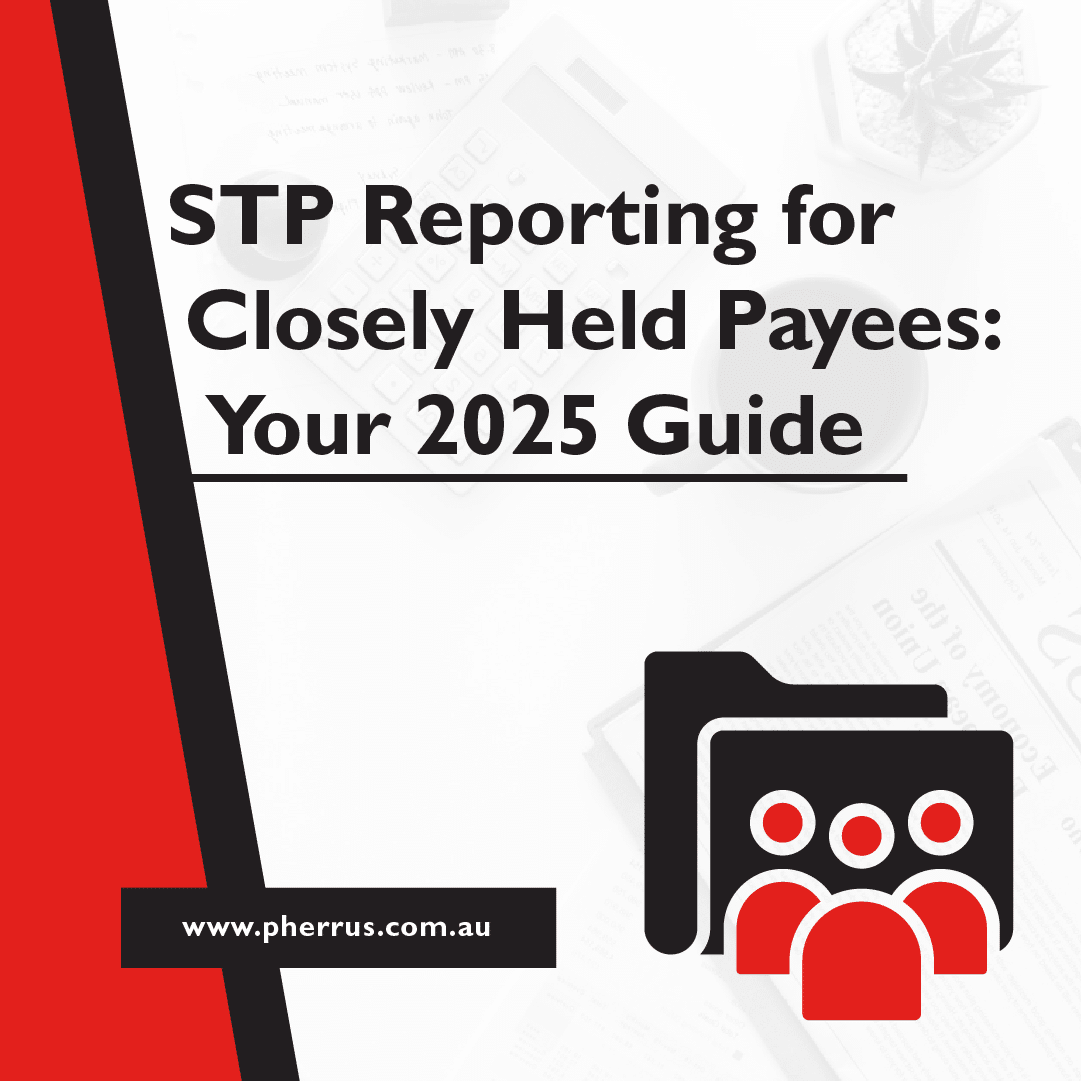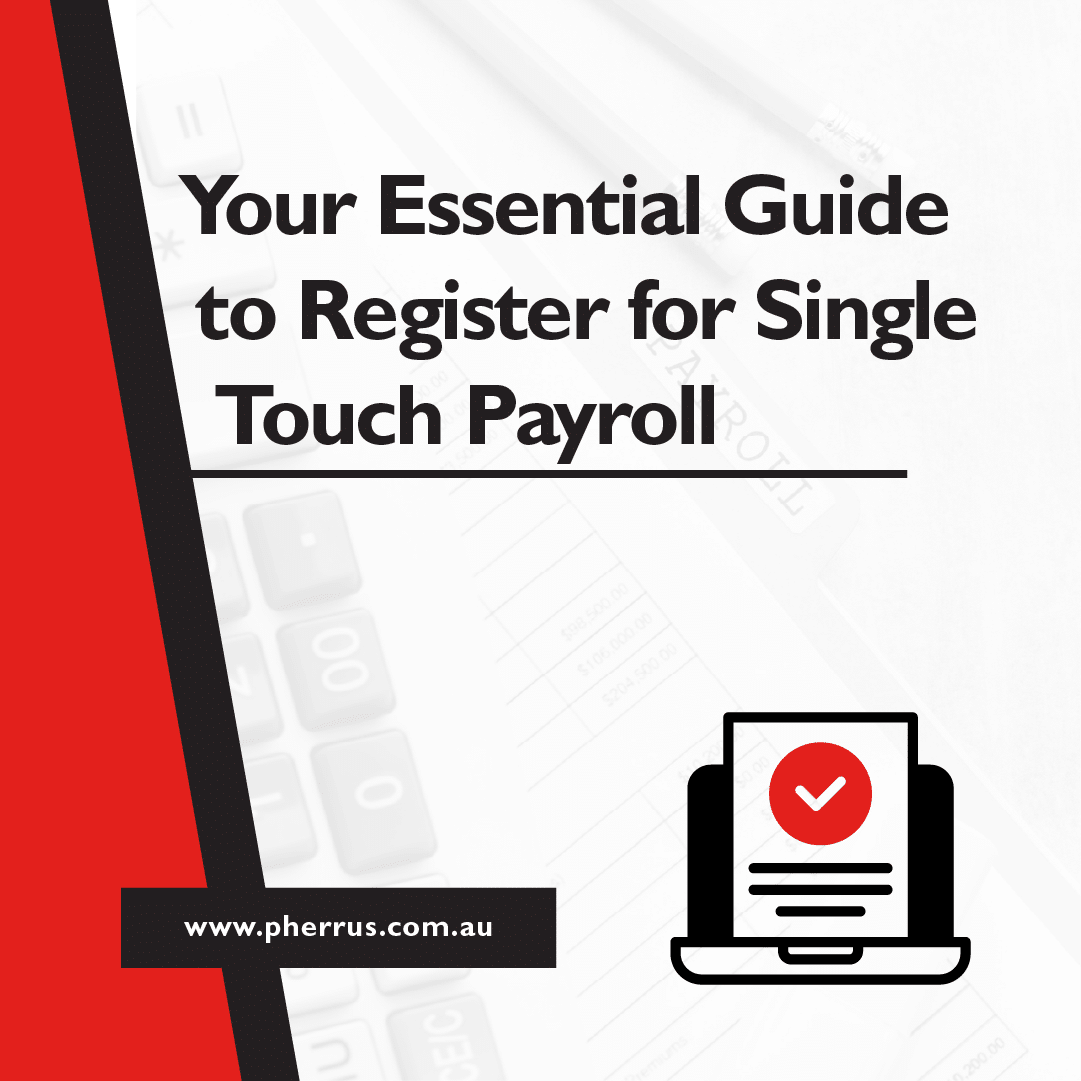Here at Pherrus Financial Services, we’re always looking out for our clients, and when it comes to your finances we keep a close eye on any events that may be a potential worry to you. One such concern that has recently surfaced is as scam email from someone pretending to be the ATO (Australian Taxation Office). Some of you may have received these emails, so we’d strongly advise reading a bit more about it here to prevent any unwanted consequences.
The email itself purports to be a notification about your activity statement; providing a link to download it elsewhere. We strongly encourage you not to click on any links or open any attachments within emails that may seem suspect, or if you have any doubt whatsoever about their legitimacy. At this time we’d also encourage you to be careful with any messages from ATO in particular, unless you’re 100% sure they’re genuine.
The dangers of mistaking one of these emails for genuine correspondence from the ATO are numerous. The perpetrators of these scams are usually seeking to trick you into paying money, or, more worryingly, providing your personal information. If the scammers gain access to this information, they could be able to access your bank accounts, take out a loan in your name, claim benefits, and more. All of these things are more than a mere inconvenience – they could have severe repercussions with regard to your finances.
There are a few ways you can tell whether or not these emails are genuine, though. The ATO themselves have some advice on the subject, and they have outlined some of the things they won’t do in an email.
The ATO will never :
- Threaten to arrest you immediately
- Ask for money in order to receive a payment or refund from them
- Pay a debt in an unusual manner (ie. pre-paid credit card, store gift cards etc)
- Ask you to give out personal information (such as credit card number or TFN) via email or text
- Ask for you to pay money into a personal bank account
- Ask you to download files from the internet, or open any attachments in unsolicited emails
Should you receive a suspicious-looking message, the ATO also advise you to forward the message to the following email address: ReportEmailFraud@ato.gov.au; and then delete it from your inbox and sent email folders. If you’ve already given out personal information, make sure you contact your bank as soon as possible to minimise the damage.
While spam emails such as this can easily catch you out, as long as you stay alert, and use a measure of common sense, you should be able to avoid scams of this sort. It’s important to think through whether or not a legitimate organisation would ask you for personal information, or encourage unusual payment methods. Keeping our clients safe and secure is of paramount importance to the team here at Pherrus, so we hope that we can prevent inconvenience and expense.




